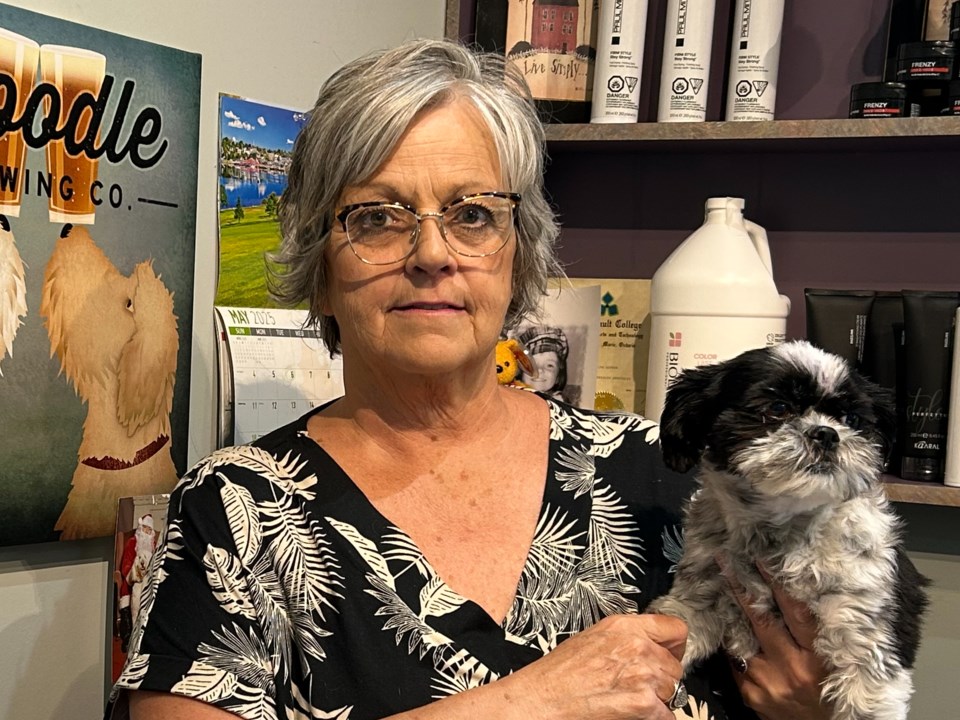THUNDER BAY – The founder of the DEK Addiction Recovery Foundation was not surprised to learn the city’s rate of opioid toxicity deaths is nearly five times higher than the rest of the province.
“It’s alarming, it’s upsetting. I see so many young people dying because of this crisis we’re facing,” said Carolyn Karle, who founded the DEK Foundation following the death of her daughter Dayna, who died of an accidental overdose in 2021.
The Office of the Chief Coroner for Ontario said the Thunder Bay census area saw 80 deaths in 2024, up from 77 in 2023 in recently released data. It once again puts Thunder Bay at the highest per-capita rate in the province at 69.14 deaths per 100,000 people. The provincial average was 14.3.
Karle said more resources are needed for people when they’re ready to get help, noting it’s difficult to get in to detox or access counselling.
“They need people to talk to, they need to sit down and have a good session with their counsellor, but it’s hard to get in. It’s so hard to get in,” said Karle. “It takes months to get in and as everybody knows, when an addict’s ready to sit down and talk, you need to be on it right away.
“We need so much more than what we’re offering,” she added. “We are getting little bits, little bits, little bits. It’s not near enough.”
The DEK Foundation is working towards establishing a recovery home for women “to give them a great opportunity to get their lives back,” said Karle.
Thinking of other illnesses like cancer, Karle said she can’t imagine someone being told ‘sorry, we’re full.’
“It’s just so disheartening,” she said. “We need more resources for folks to be able to get their lives back, to sit down and talk with people about the trauma, the underlying issues, why they're using, why they're numbing, and the toxic drugs will not go away."
"I believe they will not go away.”
She noted organizations, including the Thunder Bay Police Service, are working hard throughout the community to address the issue.
Without any change, Karle said she feels the city will keep experiencing this high level of opioid-related deaths.
“We're going to see these results every year because we are a hub and we have these drug dealers sending these children up here to sell the drugs," she said.
"Until we can get a handle on that … I feel that it's going up year after year after year.”
This story is part of a special feature on opioid deaths in Thunder Bay and the region.
